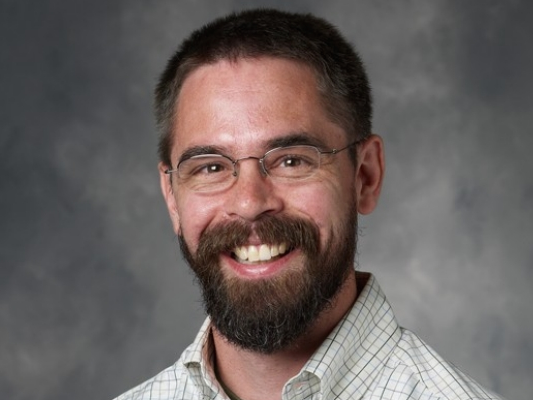Dr. Colin Bucks of Stanford University, who returned from Liberia last week, is the first person in California to be quarantined because of Ebola. On Wednesday, the state came forth with its guidelines for those who have had contact with Ebola patients, San Mateo County reviewed its policies, and then worked with the Centers for Disease Control (CDDC), the California Department of Public Health and the San Francisco International Airport to make sure Bucks was quarantined after he landed.
A statement issued by Stanford read, in part:
We are pleased to announce that Colin Bucks, MD, clinical assistant professor of surgery in the division of emergency medicine, has returned home asymptomatic and in good health after volunteering his services and skills to treat Ebola patients in Liberia….
Now that Dr. Bucks is home, out of an abundance of caution he will isolate himself for 21 days following his last known contact with an infected patient. During that time, Dr. Bucks will reside alone and will be monitored by state and county health department personnel. In addition, per Stanford Medicine policy, Dr. Bucks may not return to the workplace for 21 days. He will be on paid leave during that time.
The San Jose Mercury News reports that Bucks has not exhibited any symptoms, but he did volunteer to be self-quarantined, staying at home and avoiding contact with others for 21 days. The San Mateo Department of Public Health said he has been permitted to jog alone, adding, “Dr. Bucks is taking his temperature and communicating with San Mateo County Health System staff twice a day and remains healthy and asymptomatic.”
The state guidelines allow county health agencies to review the quarantines on a case-by-case basis because some travelers from the highest-risk West African countries have not had close contact with Ebola patients.
San Mateo County’s health officer, Dr. Scott Morrow, was impressed with Bucks, saying, “We are very proud of the work this physician has done. Health care workers who take care of patients with Ebola are not only helping those affected in West Africa, but also protecting people around the world, including here in the United States, by fighting the outbreak at its source.”
Image: Stanford University

COMMENTS
Please let us know if you're having issues with commenting.